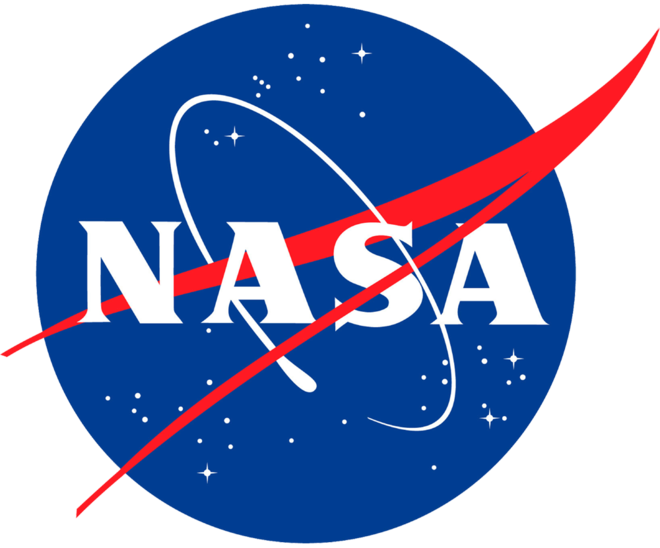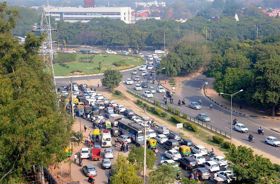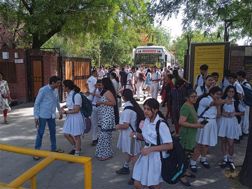
WASHINGTON
While it was previously thought that long duration spaceflight can affect the human body, even at the molecular level, new results from NASAs "Twins Study" has showed that there are no major warning signs and no reason to think humans cannot survive a two-and-a-half-year round-trip journey to Mars.
As part of the "Twins Study", NASA astronaut Scott Kelly spent a year in space while Mark, his identical twin, stayed on Earth as a control subject to look at the effects of space travel on the human body.
Spending nearly a year in orbit increased NASA astronaut Scott Kelly's immune system response, as if, at the cellular level, his body felt under attack as compared to his Earth-bound twin brother, the Washington Post reported on Friday.
These comparisons, however, has not raised any red flags about long-term spaceflight on the International Space Station (ISS), NASA officials were quoted as saying at the annual meeting of the American Association for the Advancement of Science here.
"It's almost as if the body's on high alert," said Christopher Mason, Associate Professor at Weill Cornell Medicine.
The space sojourn also changed the activity of some of his genes.
"It's mostly really good news," Mason said, adding, "the body has extraordinary plasticity and adaptation to being in zero gravity, at least for a year".
According to Craig Kundrot, Director of NASA's space life and physical sciences division, so far the space agency's research found nothing that would make a Mars mission impossible.
According to report, the biggest concern is radiation as such a mission would expose astronauts to levels of radiation greater than permitted under current guidelines. That would not necessarily prevent a mission, but it remains a concern.
However, Kundrot cautioned that the twin study has only two people as samples. "We don't regard any of this as conclusive, but on the whole it's encouraging," he said, adding, "There are no new major warning signs". — IANS


























